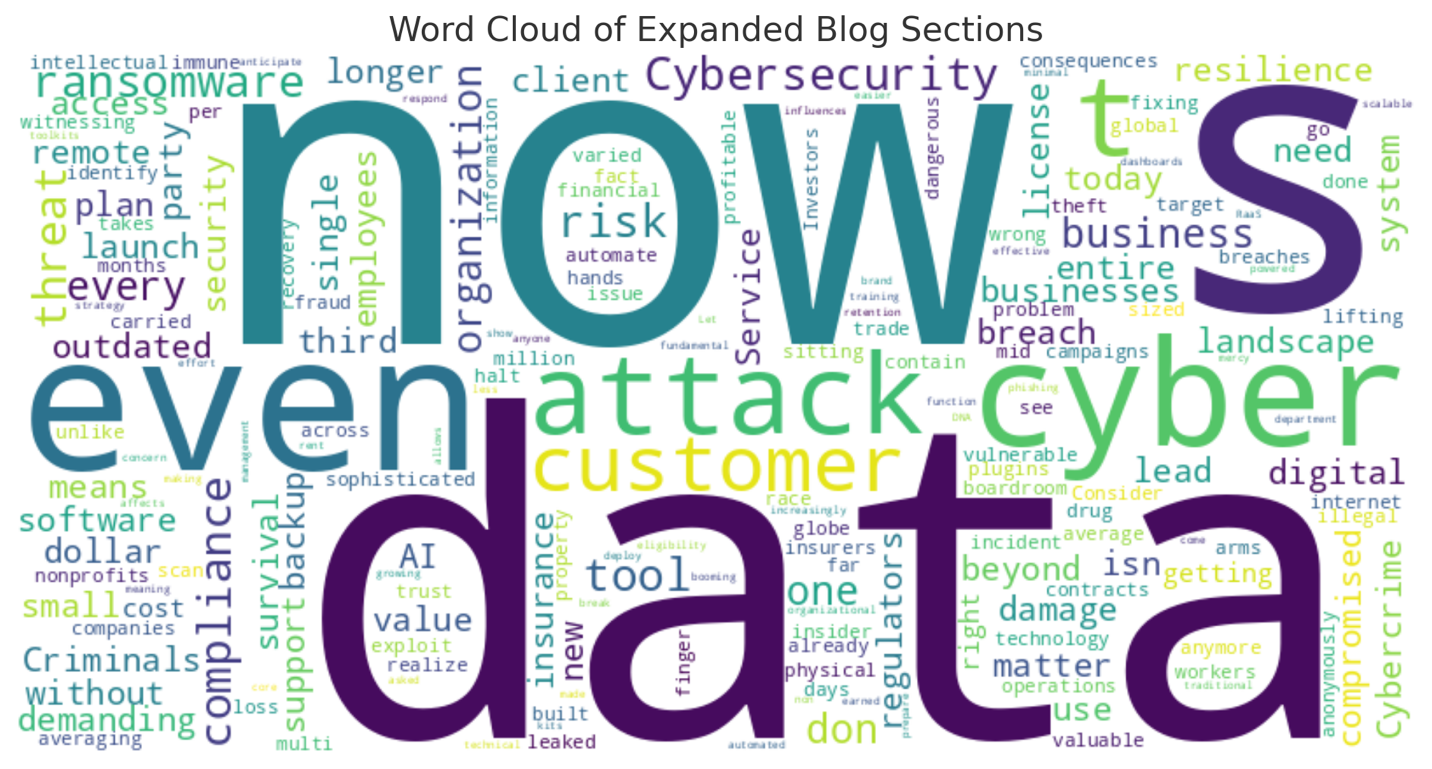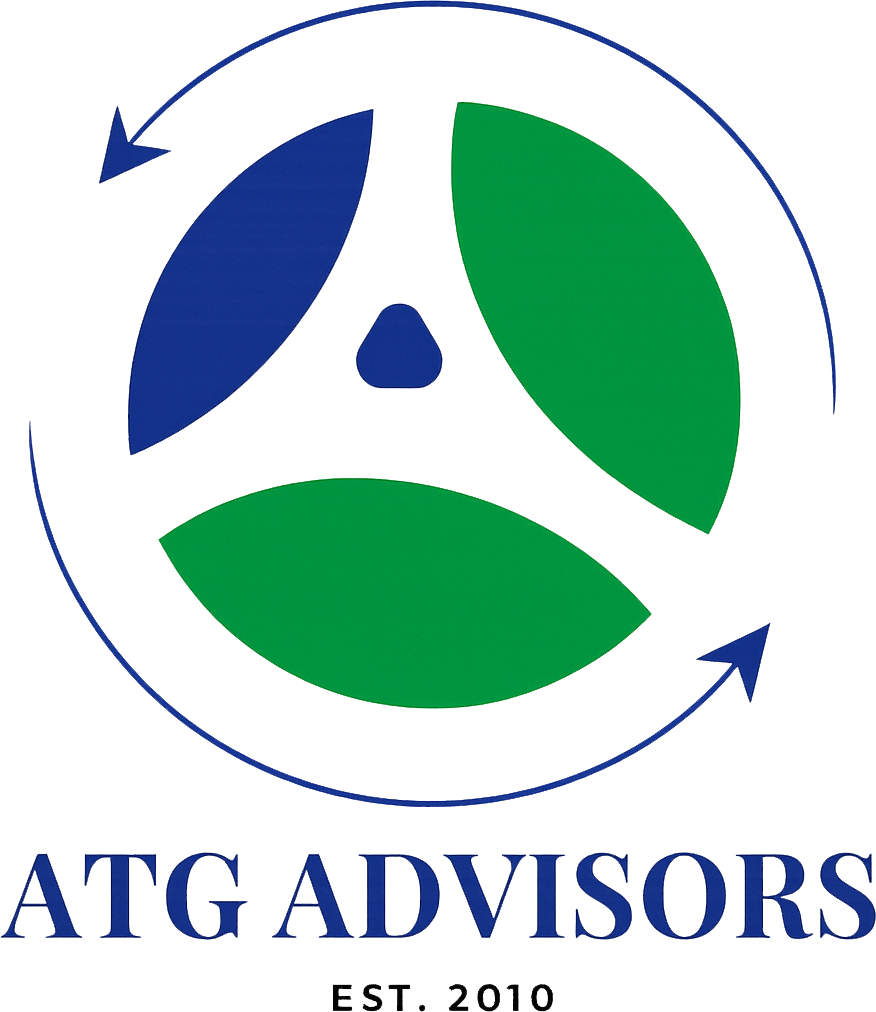Compliance in Crisis – Navigating Defunding and Government Restructuring in 2025

Introduction
Across the United States, a quiet but profound shift is unfolding: the federal government is retreating from many of its long-standing support roles. From public health systems to disaster relief infrastructure, key programs are being defunded, reorganized, or redirected. For organizations that depend on these systems—municipal governments, nonprofit healthcare providers, education institutions, and emergency response teams—this is not just a budgetary concern; it is an existential one. These developments are arriving at a time when public demand for services is rising, regulatory pressure is growing, and trust in institutions is under scrutiny. As government programs shrink, the compliance expectations and financial exposure for these entities remain unchanged—or in many cases, intensify. This moment calls for strategic reinvention, not business as usual.
As the federal government undergoes widespread restructuring and funding cuts, the ripple effects are being felt across healthcare, disaster response, education, and nonprofit sectors. These funding reductions and agency reorganizations have sparked a wave of uncertainty for organizations that rely on compliance stability, grant funding, and regulatory guidance. But while the climate is challenging, it also presents an opportunity for strategic reinvention.
At ATG Advisors, we understand that navigating compliance at a time of defunding requires more than policy knowledge—it demands adaptable systems, proactive risk planning, and strategic fiscal management. This blog outlines the challenges organizations face due to reduced federal support and presents clear strategies for overcoming them.
The Current Landscape: What’s Changing?
Several high-profile changes are driving uncertainty in 2025:
- Public Health Defunding: Over $11 billion (about $34 per person in the US) in cuts to federal public health programs, alongside the elimination of 20,000 health-related positions, is straining vaccination, surveillance, and prevention systems. Local agencies are being forced to shoulder more responsibility without additional support.
- HHS Reorganization: The U.S. Department of Health and Human Services is undergoing a structural overhaul, folding several bureaus into the newly formed Administration for a Healthy America. This reorganization reduces administrative roles and changes reporting relationships, slowing down guidance and approvals for grants, audits, and compliance activities.
- Disaster Recovery Budget Cuts: Reductions in FEMA and HUD funding are limiting resources available for climate disaster resilience, especially in vulnerable urban and coastal areas. Organizations are finding themselves with more responsibilities and fewer resources.
- Educational and Workforce Grant Changes: Federal funding for workforce development, Pell Grants, and community education programs have been restructured, eliminating direct support in many areas and increasing reliance on state-level discretion.
The Risks: Why Compliance and Strategy Must Evolve
Without proper adaptation, organizations face major risks—many of which have already begun to materialize:
- Regulatory Noncompliance: The rapid reorganization of federal departments like HHS has created confusion about reporting lines, deadlines, and enforcement policies. Local public health agencies have reported delays in receiving updated guidance, leading to unintentional lapses in required documentation or reporting. These lapses can trigger penalties, funding claw backs, or even litigation.
- Funding Gaps: Several organizations dependent on FEMA reimbursements or HUD disaster grants have experienced reimbursement delays of up to 9 months, creating significant cash flow issues. For nonprofits and smaller municipalities, this can mean payroll delays, furloughs, or temporary service closures.
- Operational Interruptions: With fewer federal resources, municipalities and community health systems face the prospect of scaling back vaccine clinics, cutting health outreach programs, or pausing disaster preparedness drills. These interruptions do not just delay services—they endanger lives.
- Stakeholder Distrust: Inconsistent services, unclear public messaging, and unanticipated closures erode trust in public institutions. For example, when community education programs shut down abruptly due to funding lapses, parents and students often do not return—even when services resume.
- Audit and Legal Risk: Changing compliance expectations without clear handover or technical assistance increases audit failure risk. Organizations may unintentionally violate new procurement rules, reimbursement caps, or eligibility standards—opening the door to disqualification from future funding.
- Increased Staff Burnout and Attrition: As staff are asked to do more with fewer resources and less clarity, burnout accelerates. Compliance officers, grant managers, and program directors may exit, taking institutional knowledge with them and leaving teams vulnerable during oversight events.
These risks are real—and growing. The organizations that fail to adapt will find themselves playing defense in a regulatory environment that is unforgiving and rapidly evolving.
The Solutions: Strategic Response in a Defunding Era
Now is the time for organizations to proactively modernize, diversify, and reinforce compliance strategy:
- Build Compliance Agility
- Implement compliance software that adapts to changing regulations
- Automate recordkeeping and audit trails to eliminate manual gaps
- Align reporting standards with emerging state or private grant requirements.
- Strengthen Operational Continuity
- Develop disaster and health crisis contingency plans
- Use scenario planning to model service delivery under funding constraints
- Diversify revenue sources to reduce dependency on federal reimbursements
- Centralize Risk Oversight
- Assign cross-functional compliance leads who can coordinate response
- Establish a governance calendar to monitor legislative changes and deadlines
- Create dashboards to track program performance and audit risk
- Make the Financial Case for Resilience
- Map the ROI of maintaining compliance programs even amid defunding
- Quantify risk exposure in financial terms for stakeholders and funders
- Identify state and private alternatives to fill the federal funding gap
- Engage in Policy Dialogue
- Join coalitions or advocacy groups working to restore or redesign funding mechanisms
- Build relationships with state officials and regulators now playing a larger role in oversight
How ATG Advisors Helps Clients Thrive in Uncertain Times
At ATG Advisors, we have seen—and guided clients through—policy shifts, government shutdowns, and regulatory reform. Our playbook includes:
- Compliance Readiness Audits: Assess your systems against the new regulatory environment, identifying weak points and upgrade opportunities.
- Adjunct CFO Services: Evaluate budget risk, reallocate program costs, and model cash flow scenarios to maintain financial strength during funding gaps.
- Grants & Funding Strategy: Identify new sources of funding—state, local, or philanthropic—and align operations to meet their eligibility standards.
- Continuity & Crisis Planning: Design business continuity plans for healthcare, nonprofits, and municipalities to operate despite loss of support.
- Workforce Strategy Alignment: Coordinate HR and compliance leadership on upskilling, retention, and training initiatives tied to risk and regulation.
- Integrated Reporting & ESG Strategy: Help you demonstrate fiscal responsibility, social impact, and operational resilience to funders and the public. Our approach is not only technical—it is adaptive, forward-looking, and grounded in financial and strategic insights.
Conclusion
Conclusion In an environment defined by uncertainty, shrinking federal support, and shifting regulatory oversight, standing still is not an option. Whether you are managing a health department, running a nonprofit, overseeing municipal services, or delivering community education—your organization is now expected to do more with less. That is not just unfair; it is unsustainable—unless you have the right strategy and support.
The organizations that will thrive through this era are not necessarily the ones with the biggest budgets—they are the ones that move early, adapt quickly, and align in compliance with financial sustainability. With our comprehensive experience across government-funded sectors, our real-world financial modeling, and our ability to turn policy into action, ATG Advisors is uniquely equipped to help you not just respond—but rise.
Now is the time to act. Do not wait for the next funding cut or audit notice. Let ATG Advisors help you build a stronger, smarter, and more secure organization—before the pressure becomes a crisis.
Contact us today to schedule a compliance audit, funding strategy session, or operational readiness review. Because when the stakes are this high, planning is not optional—it is survival. The current wave of federal program defunding and agency restructuring is not just a policy shift—it is a stress test for every organization that depends on predictable funding, regulatory support, or oversight. Those that respond reactively risk collapse or irrelevance. Those that act with strategy, data, and compliance readiness can not only survive—but lead. ATG Advisors stands ready to help clients navigate this turbulence with confidence, integrity, and the strategic clarity required to move forward. The resources may be shrinking, but with the right advisor, your resilience does not have to be limited.



